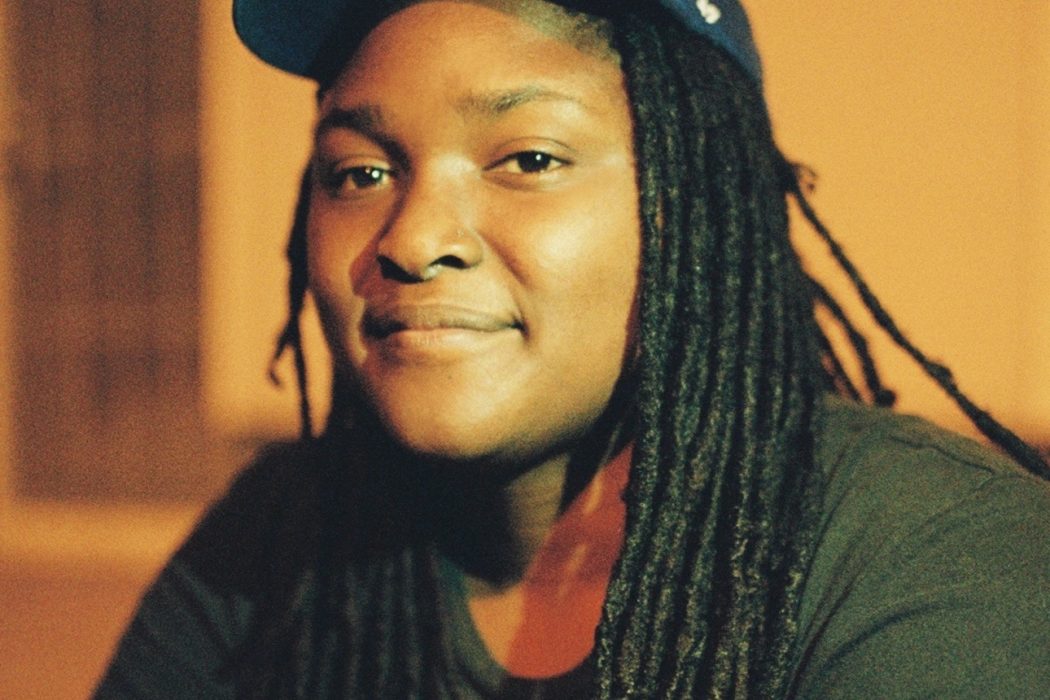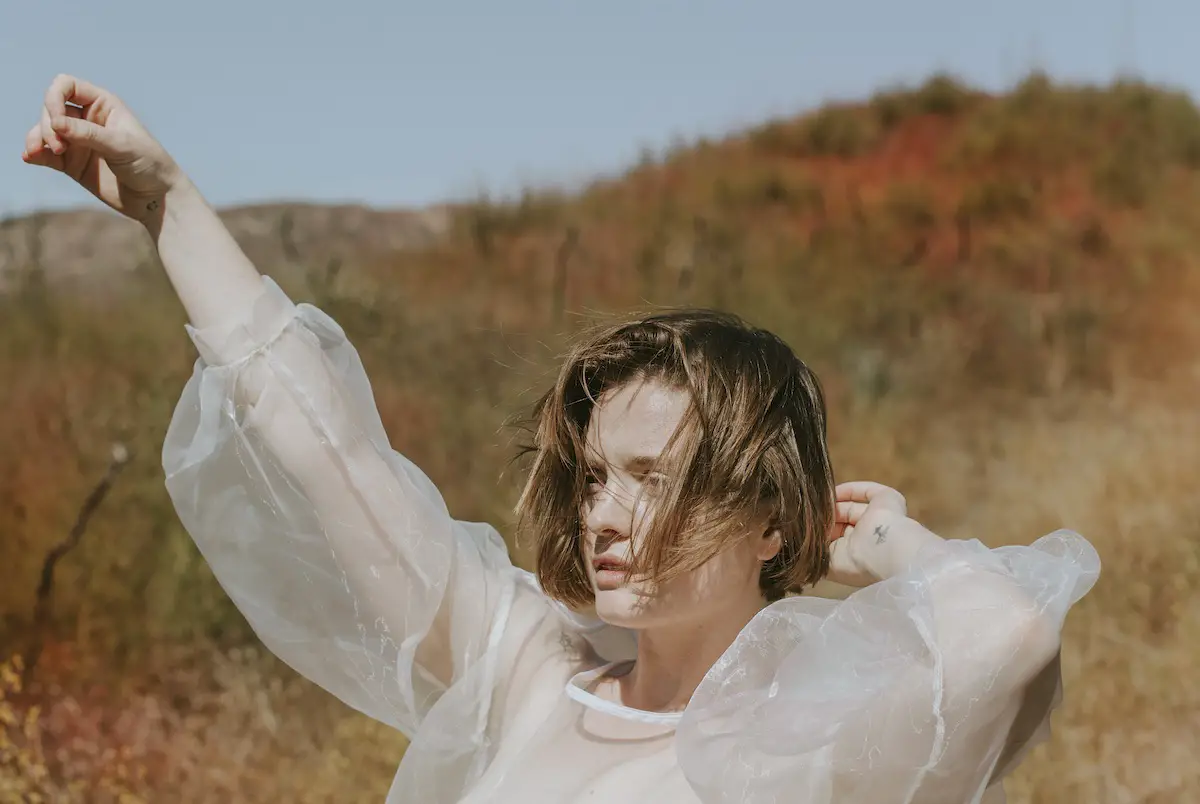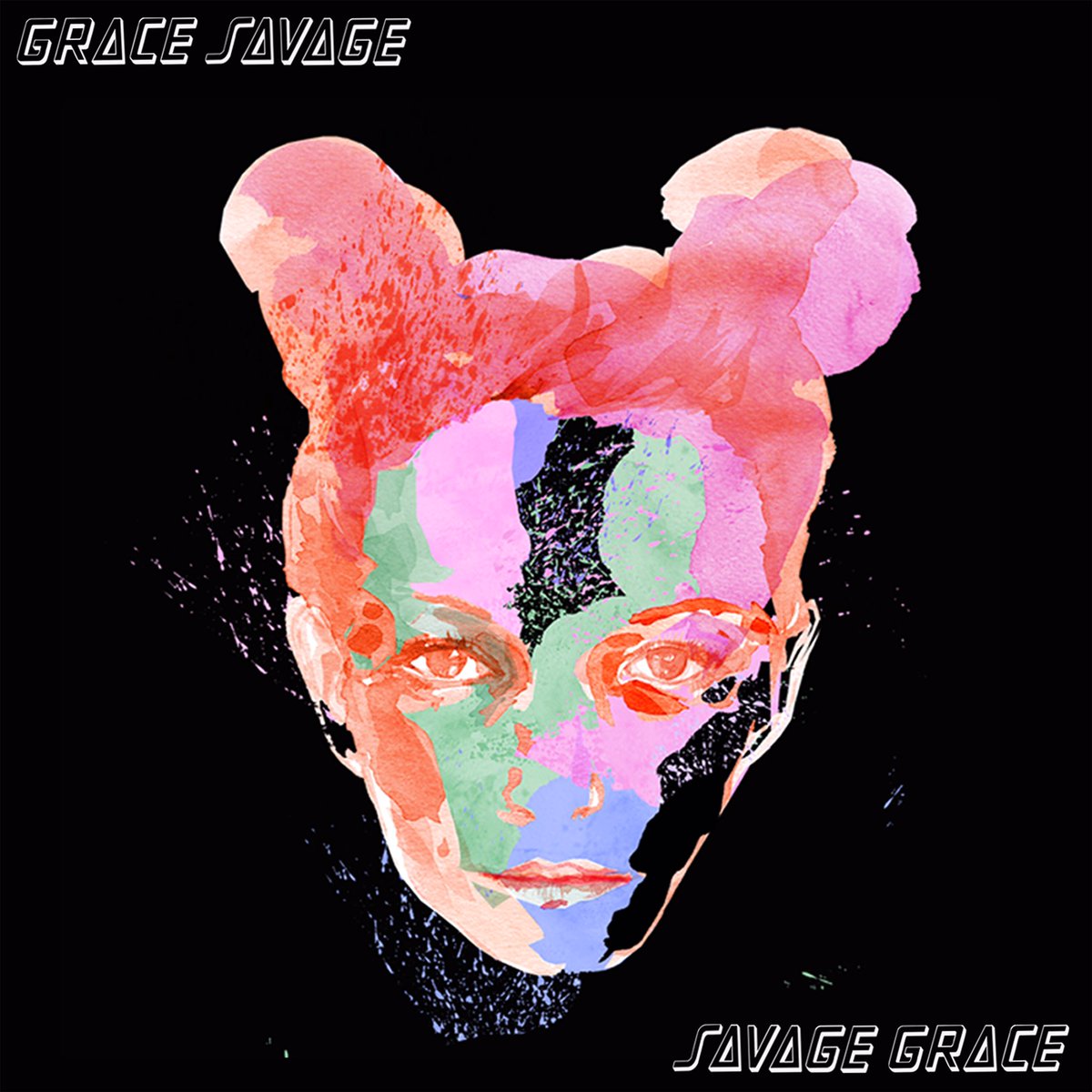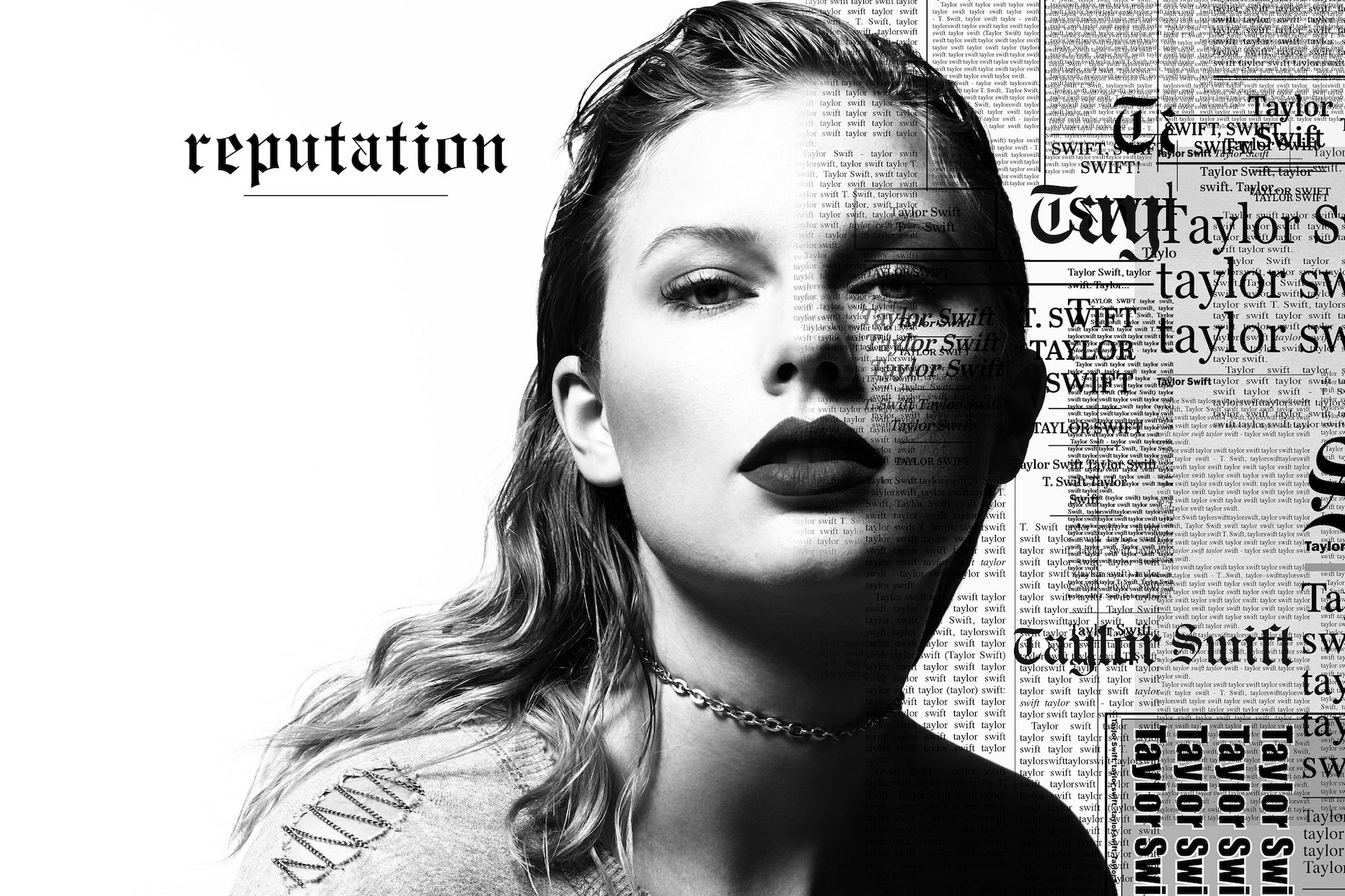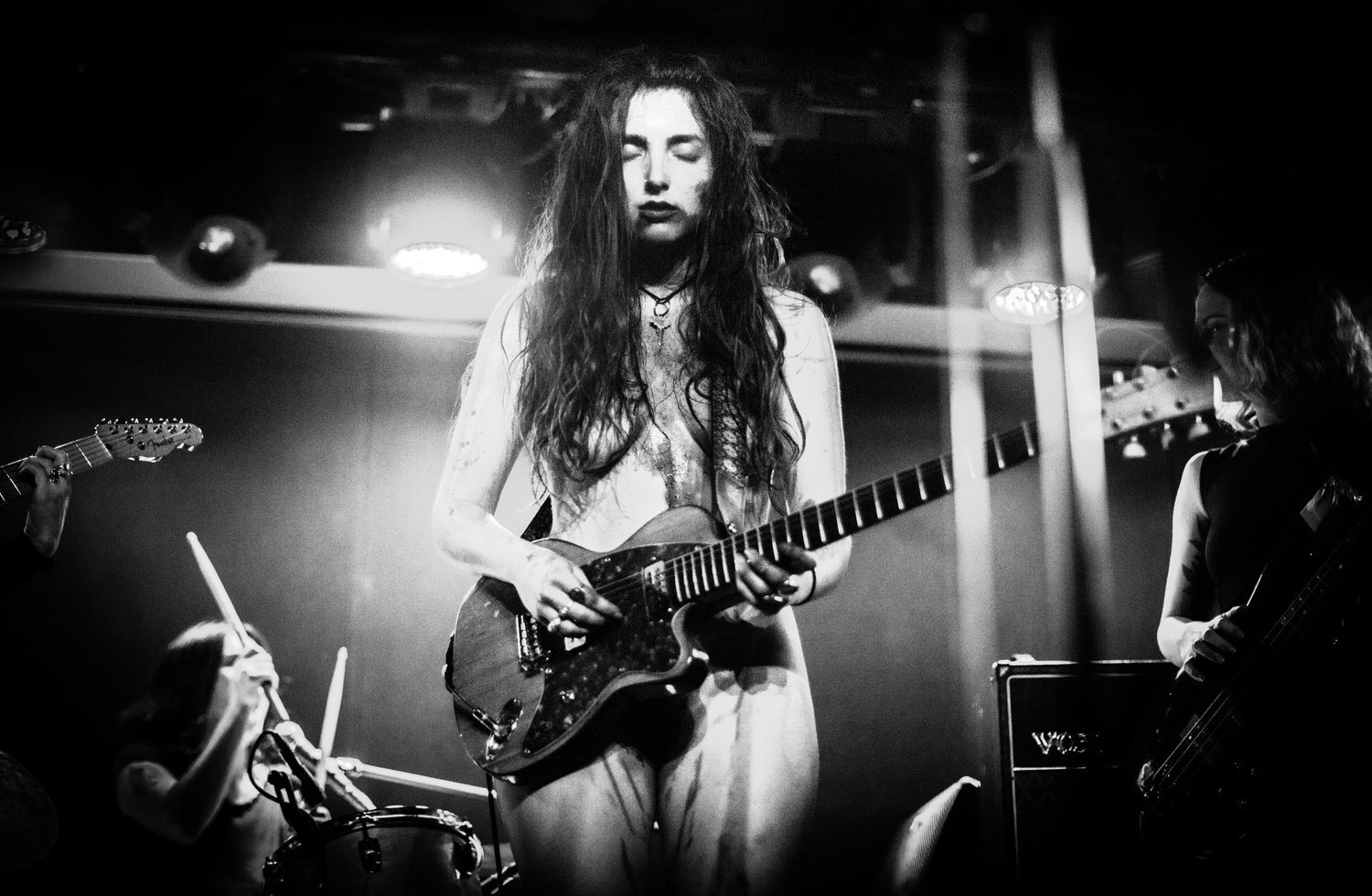Joy Oladokun’s humanness and artistry shine through on sophomore LP ‘in defense of my own happiness (vol. 1),’ a beautiful expression of self-examination steeped in the best of folk, soul, and hip-hop.
— —
Over the past several years, Nashville-based artist Joy Oladokun has leaned deeply into who she is—both as an artist and as a human—with refreshing assurance and clarity. And the artistry, the humanness, and everything in between shines through her words and songs, and especially on her forthcoming sophomore LP, in defense of my own happiness (vol. 1), out July 17, 2020.
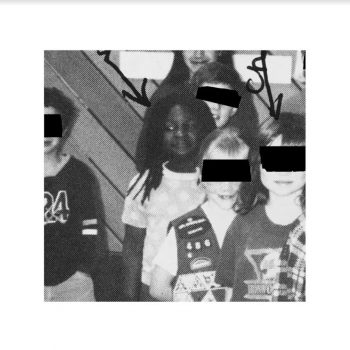
Since her 2016 folk-tinged debut, Carry Me, Oladokun has released a string of singles over the past few years. From the soulfully groovy break-up bop “Sober,” to the piano-led plea “Who Do I Turn To?,” about what it’s like to be Black and queer in today’s America, Oladokun has a knack for marrying the personal and relatable in her writing. And in defense of my own happiness (vol. 1) is no different, showcasing Oladokun’s token lyricism in a beautiful expression of self-examination steeped in the best of folk, soul, and hip-hop.
On a late June afternoon, Joy spoke with Atwood Magazine about how in defense of my own happiness (vol. 1) came to be, the beginnings of vol. 2, a beautiful co-writing experience, what records she’s been listening to lately, and more!

A CONVERSATION WITH JOY OLADOKUN
Atwood Magazine: in defense of my own happiness (vol. 1) is your first full album since 2016’s Carry Me. Were there any big differences—writing-wise or life-wise—in the process of this record coming to life?
Joy Oladokun: Yeah, it’s actually been a pretty big difference. Everything on Carry Me I wrote by myself and then sort of like hired a band to produce. Even though on in defense of my own happiness I did sort of take a production role, it’s a lot more collaborative. Like I wrote songs with other people, and I think it shows how expansive my sound has gotten. Not necessarily in terms of size or scale or anything, but just the influences that I draw from. I think it’s just grown tenfold since the last album. So I’m really excited for people to see what I’m into.
Yeah, what would you say some of those newer influences are?
Joy Oladokun: I’ve always obviously drawn from folk and soul, and definitely like the 60s and 70s era. And with this record, I tried to keep that same energy, with that same lyricism and that same kind of urgency. But like, I work out to hip-hop music, and I’m sure a lot of people work out to hip-hop music; it’s become this cultural figure. So I just kind of let that influence what I [brought] in. I was sort of referencing everything that I have access to as a product of the generation that I grew up in and really clung to the things that I enjoy and just [threw] it all in there.
For sure, I can hear where those influences have come in. In your words, in defense of my own happiness (vol. 1) is “the story of how you started taking ownership of the ways you’ve participated in your own suffering.” And man, what a powerful exploration. At what point in making the record did that over-arching story connect these songs together?
Joy Oladokun: Ah, yeah. It doesn’t always happen this way. I feel like a lot of people make records with intentions, but I think for me this volume sort of fell together. I don’t know, like I, as a person—not as an artist but as a human being—have gone through a lot over the past few years and especially in the past four years, since I released Carry Me. And I think I just have given myself this space and grace as a person.
It’s something as simple as not eating lunch, and like how that contributes to my attitude and the way that I treat people. And so, as I started taking note of those things personally, I realized, oh, there’s a whole over-arching theme in my life and ways in which I’ve pushed people away or, in which I’ve held on to relationships that maybe it’s way past time to let go of, or that I’ve tried to sabotage things that are purely good. I mean, I write songs every day, so it then became a matter of “this is what I want to talk about, and what are the songs that truly reflect that?” And I had a lot of people that I love to help me, you know, fill in the gaps.

That’s amazing. It’s a really beautiful collection of songs. And vol. 1 alludes to a continuation. Is there a vol. 2 already in the works, or is this more of an open-ended project?
Joy Oladokun: Yeah, so in defense of my own happiness (vol. 2) is a little bit over halfway done. It sort of started as “volume one, volume two.” The idea was, we were maybe going to do like smaller like EP type mixtape things. And then I started going to therapy and realized how expansive my feelings were, and thought maybe I could put this into the album. And then, over the past few weeks just seeing the world that we live in and specifically what America is going through right now, not only with the COVID crisis but also with the protests against racial injustice.
Like, I wrote a song called “I See America” on my porch one day and sent it to my manager, and we both kind of had this moment where we were like, oh, in defense of my own happiness takes on such a different meaning when you’re saying it as a Black queer woman in America, in 2020. So, volume two is just leaning more into those political nuances. Like I have a song on there about my dad, because he of all the people in my family is still wrestling with me coming out and like, how it’s not just the law issue it’s literally just something that sometimes [is within] families.
I just have a bunch of songs about what it’s like to be someone like me in this world. The goal I always strive for, as an artist, is to communicate my specific experience in a way that’s universal enough for other people to find themselves inside of it, and that we all can, you know, find in our friends a common thread of human. And I just feel like volume 2 is going to help do more of that.
I feel like your music does that really well. I’m excited to hear it! On vol. 1, the song “mercy,” with Tim Gent really strikes me every time I hear it. How did this song come about?
Joy Oladokun: “mercy” I wrote a year ago, actually. And I started to take some time off of co-writing, and just focused again on writing by myself and finding that rhythm. And I realized that I wanted to take more of a role in production so I really had to teach myself all of the nitty-gritty pieces of software. So I was locked by myself in my upstairs studio and just wanted to write something that was very stream of consciousness. I had just watched Purple Rain so I think I put like a weird filter on my vocal.
It’s also the first time that I, as an artist, have sort of blurred the lines between like this spoken/rap word and my singing voice. So I just wrote my feelings about how I had been spending a lot of time just grinding day in and day out and I didn’t know if it was going to pay off—because that’s the curse of being a musician. There’s a certain pressure that I had as a kid that I had to do something amazing with my life, or something really divine and special. And while I do think what I do is very special, I think “mercy” is just about letting me be me and do my job and provide for myself and, like, the human side of me, and wanting to take care of myself and those around me.
There are a couple of versions [of the song] and, finally, I cut out this part that had been bothering me. So I asked Tim [Gent], who’s a local rapper, to do a verse and when he sent it back to me I started sobbing. I feel like that’s the beauty of collaboration in these moments. Like, knowing as an artist how far you can take a thing, and then having people in your corner that you can call on to be like “Can you add something?” It just happened to be exactly what the song needed. I’m really proud of it!
You should be! It’s really amazing. You also recently released “Who Do I Turn To?,” a really beautiful and heartbreaking song you wrote with Natalie Hemby. What was the writing experience like, and what has it felt like since having it out in the world?
Joy Oladokun: The writing space was a gift. I know they sometimes say not to meet your heroes, but the gift of [knowing] Natalie Hemby is that she is every bit as amazing as you would imagine her to be. Like, she is someone I consider a hero, as a songwriter and now as a friend, and she played both those roles in writing that song together so well. Because obviously, like, she’s a white woman so there’s only so much she understands about my experience, but she just asked a lot of questions and helped me put words to my feelings.
It took some convincing for me to release it [though]. I didn’t want it to look like I wanted to capitalize on the moment or a movement. I didn’t want to draw attention to myself in any way, but I had a few people close to me say “You wrote something that put words to a feeling that you’ve had since you were a kid.” You know, like who helps out people that look like me in this country because everybody’s shucking responsibility, right? And so, I think hearing that and being like, “okay, if my goal as an artist is to continually release art that can help people put words to things they haven’t always been able to put words to, then, my responsibility here in this moment is to release this,” and I’m glad I did.
I haven’t listened to it since the day I put it out. I feel like it’s been a heavy few weeks, and I don’t know. I’m just glad it exists and I’m glad people seem to be resonating with it. I feel like the most encouraging thing is to see the diverse audience the song has. I feel like that part is a total gift and I’m glad I had a part to play in making it.
Listen: “mercy” – Joy Oladokun
Totally. So, you’re from a small town in Arizona, which I’m sure was quite different from living in L.A., and now Nashville. Growing up, did you dream about playing music and living in a bigger city?
Joy Oladokun: I don’t know that I had a lot of dreams about growing up and playing music. I think I’ve always gravitated towards music as a means of self-expression, and any sharing it beyond that has been the product of some very special people in my life who said, “This is not just a thing that you can do for you, but also a good thing that you can do to help uplift other people.” And so, I don’t know that I had any crazy aspirations which I’m sure drives my team crazy at certain points.
But, yeah I think the nature of growing up with immigrant parents is that they were very clear as soon as I was old enough to get out, that I should. We traveled a lot growing up, and so I think it was kind of ingrained in me that when I go to college, I should try a different city or a different country, or I should take this trip. I’ve always had a little bit of wanderlust maybe, and I think it was instilled in me by my sweet parents.
Wow, that's really cool. If you could say anything now like to your younger self from that small town in Arizona, what would you say?
Joy Oladokun: Hm. I think I would say, “All the things that you think stick out about you now, or are unpleasant about you now, will become some of your favorite things about yourself. And also, that your hometown is a very beautiful place that taught you very beautiful things. And I know growing up there wasn’t easy, but it made you a good person.”
That’s so good. So, releasing music in the midst of a pandemic is obviously a new experience for everyone. Do you have any specific plans regarding the release of in defense of my own happiness (vol. 1)?
Joy Oladokun: Yeah, not anything crazy. I think the gift of me being the way I am, is that my manager knows that if I have my Nintendo and maybe a joint nearby, I will do any live stream, or video, or interview, and I think we’ve just been capitalizing on that. It’s been nice to just sit in the backyard and hop on a phone call and talk to people about my music. I feel like the biggest thing that I’ve enjoyed about having to sort of shift the game plan from touring around the release to sort of just being obnoxious on the internet about a release [laughs] is I feel like it opens people up to the many sides of me. Like it gives people a bigger picture of who I am not only as an artist but as a human.
Besides that, nothing really has changed. We’re in a really unique position. I mean the crazy thing about “Who Do I Turn To?” was that it was written and released within a week. I’m in this position as an artist where I can just release what I want when I want, and I think these next few albums are just going to be a celebration of that. And so that’s why we’re putting out like 12 singles a day. It’s a unique freedom and one we don’t take for granted.
That’s such a great position to be in. Okay, last question: during quarantine, what songs or records have you been listening to that you might recommend?
Joy Oladokun: Oh yeah, let me pull up my list! I’ve been listening to One Night Alone, which is this sort of piano record that Prince did. And the cover art is horrendous, but I highly recommend that everyone listen to it once through. It’s just really beautiful, like, I just sat in silence and listened to the whole thing the other day and it was so inspiring and beautiful. And I think Prince is a unique artist for times like these because I feel like he straddled that line of pop music and political music really well. So that’s been one I’ve been going back to a little bit.
I’ve also been listening to a lot of Kendrick [Lamar,] and a lot of Frank Ocean. And the new Phoebe Bridgers record is incredible. I must point out the last song, “I Know the End,” because it really does feel like we’re living in the apocalypse, and I feel like the last song is a perfect soundtrack for that. And the new Perfume Genius record, too!
— —

Connect to Joy Oladokun on
Facebook, Twitter, Instagram
Discover new music on Atwood Magazine
? © Shannon Beveridge
:: Stream Joy Oladokun ::

